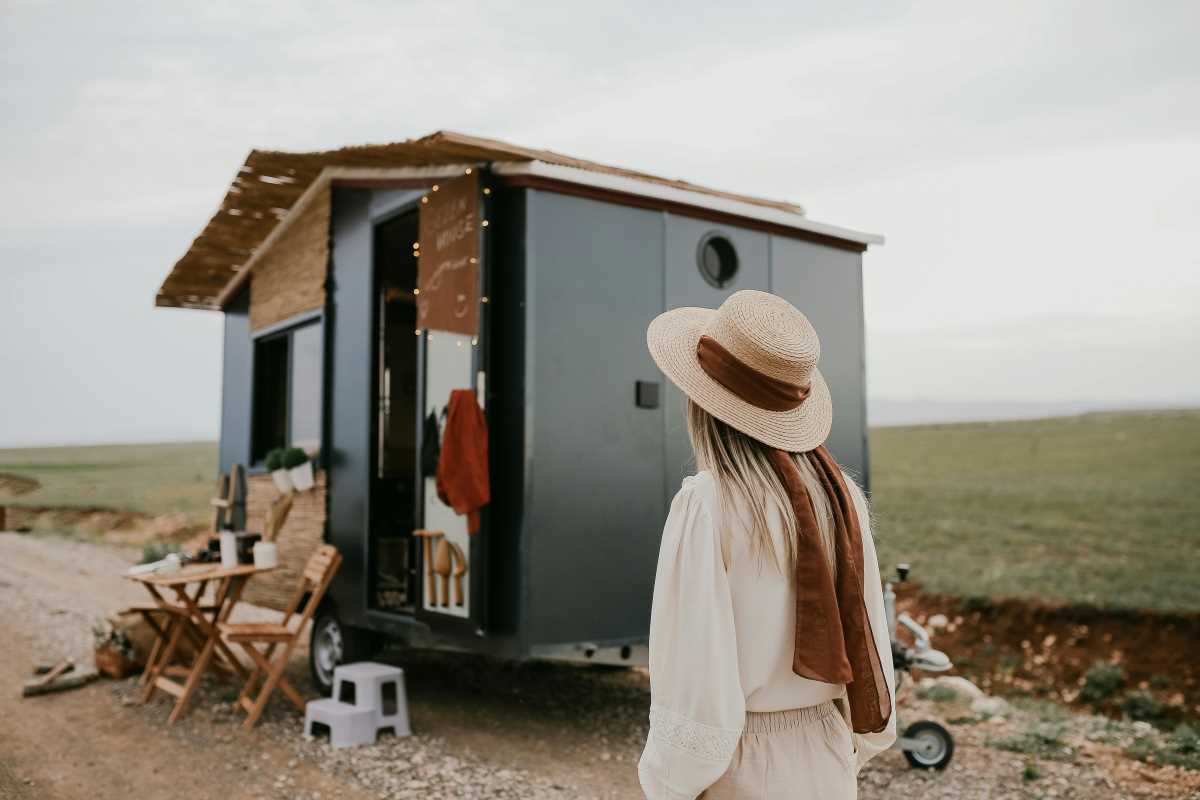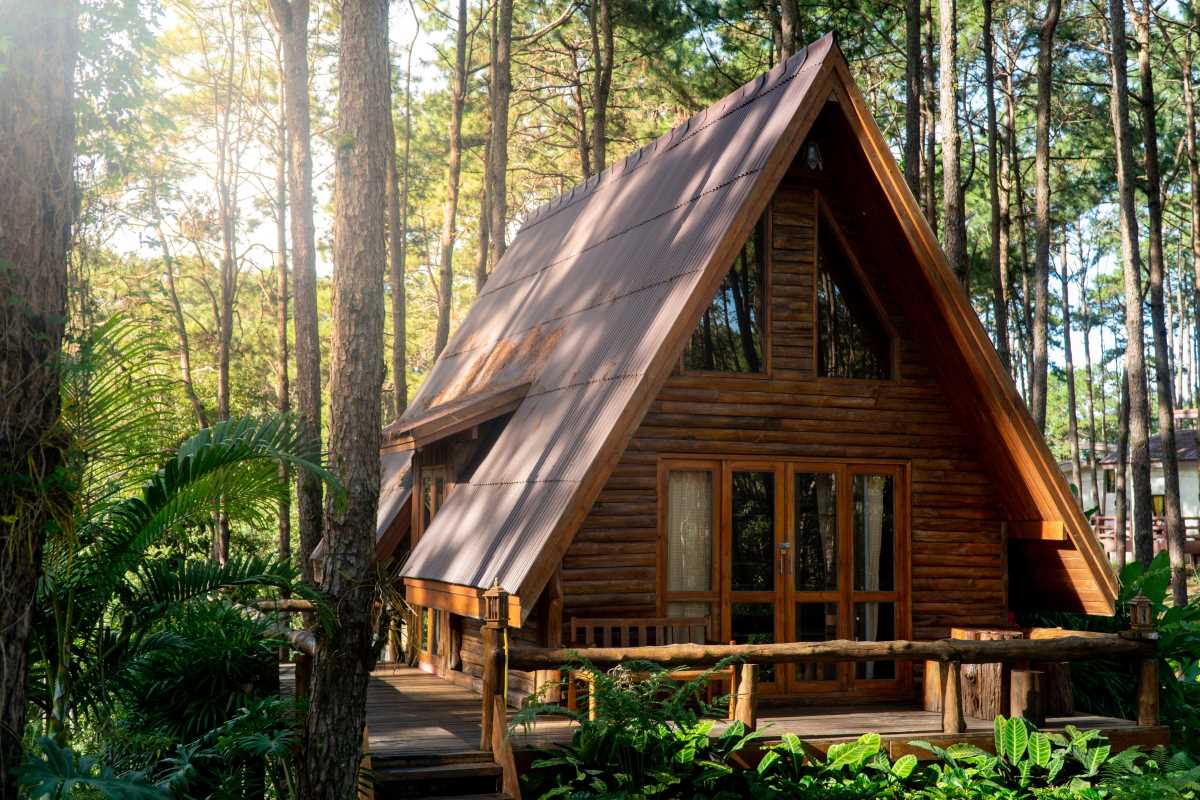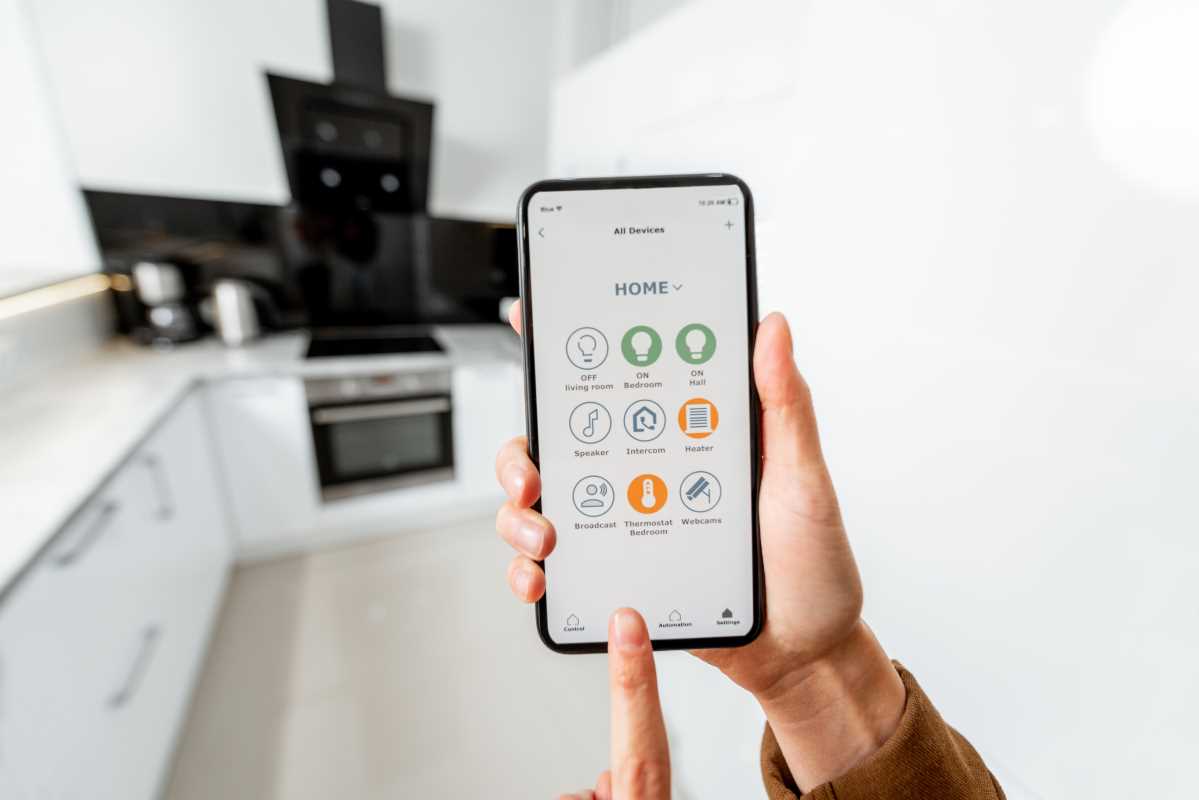Choosing an off-grid lifestyle challenges you to find inventive solutions and rely on your own abilities, while opening the door to greater independence and a lighter impact on the environment. By making thoughtful changes to everyday habits, you can cut down on energy and water consumption, save money, and build practical skills that boost your sense of autonomy. Life in a tiny home becomes more rewarding when you notice the positive effects of your efforts, from decreased utility costs to a closer connection with the resources you use. Each small adjustment helps create a more sustainable and satisfying way of living.
These six sustainable living habits focus on hands-on methods you can try right away. Each habit zeroes in on a different area—from power to food—so you build a well-rounded eco-friendly routine.
Habit 1: Making Off-Grid Energy Use More Efficient
Start by monitoring how much power each appliance consumes. Plug in a watt meter to find out which devices draw the most electricity. Use this information to decide whether swapping older lights for LEDs or upgrading that small fridge will make a real impact.
Next, adopt these practical tips:
- Install dimmer switches for adjustable lighting levels.
- Use power strips with on/off switches to cut phantom loads when devices stand by.
- Charge batteries during peak solar hours to avoid running a generator later.
- Set up a simple home energy monitor that displays real-time usage on your phone.
Habit 2: Water Conservation Strategies
Saving water off-grid means combining low-flow fixtures with daily habits that use less. First, retrofit faucets and showerheads with aerators to mix air and water. You’ll get the same pressure but use thirty to fifty percent less water.
Follow these steps:
- Collect shower warm-up water in a bucket and use it to flush the compost toilet.
- Install a foot pedal valve on your sink to control flow with your foot instead of leaving the tap running.
- Check and repair toilet seals or shower leaks within one day of spotting drips.
- Use a rain barrel under a downspout for garden or cleaning tasks instead of drawing from your well.
Habit 3: Composting and Waste Reduction
Turning kitchen scraps into rich soil helps you cut trash volume and boost garden health. Pick a compost system that fits your space: a tumbling bin for a tight footprint, or a layered pile if you have more land.
Keep your compost healthy by balancing green materials like fruit peels with brown materials such as dry leaves or shredded cardboard. Stir the pile every week to aerate it and speed up decomposition. When your compost looks dark and crumbly, mix it into raised beds or containers to feed your vegetable seedlings.
Habit 4: Embracing Renewable Technologies
Add small-scale renewable energy sources beyond solar to give yourself backup power or heat without burning diesel. Micro wind turbines or a solar water heater are options for extra energy sources. Research local regulations before you install so you stay compliant.
Habit 5: Sustainable Food and Gardening Practices
Growing food on-site saves money and reduces packaging waste and transport fuel. Build a raised bed from reclaimed wood or use stackable planters if your ground space is limited. Plant vegetables in succession—harvest spinach and lettuce in early spring, then switch to bush beans and cherry tomatoes in summer.
Use companion planting to keep pests away naturally. For example, plant marigolds beside tomatoes to deter nematodes and add basil to block whiteflies. Collect kitchen scraps or eggshells into a small worm bin so you can produce vermicompost that enriches your soil even faster.
Habit 6: Community and Skill Sharing
No one succeeds completely alone, especially in remote living. Join or start a local bartering group where you trade bread-baking lessons for someone else’s carpentry skills. Swapping labor and goods cuts costs and builds a network of mutual support.
Host a monthly workshop at your property or a nearby community center. Topics might include rainwater harvesting basics, solar panel maintenance, or gluten-free baking. Sharing your knowledge encourages others to share their expertise back, creating a circle of continuous learning.
Regular meetups also let you pool tools—like augers for drilling well casings or thermal imaging cameras that spot insulation gaps. Sharing equipment means each member spends less on rarely used gear and everyone enjoys better results.
By weaving these sustainable habits into your daily routine, you’ll see how small efforts add up over time. You’ll feel more connected to the land, more confident in your self-reliance, and ready to face future challenges with an eco-friendly mindset.
Try new techniques, monitor results, and share your experiences with others. Consistent efforts lead to meaningful progress.
 (Image via
(Image via





